Are you curious about the shipping times from China to Argentina? Understanding the complexities of international logistics can be daunting, especially when it comes to choosing the right shipping method and anticipating delays. In this article, we will explore various shipping options, typical transit times, and the factors that influence these durations. In this comprehensive guide, you’ll discover best practices for reducing delays and tips for navigating seasonal considerations, ensuring your shipments arrive on time.
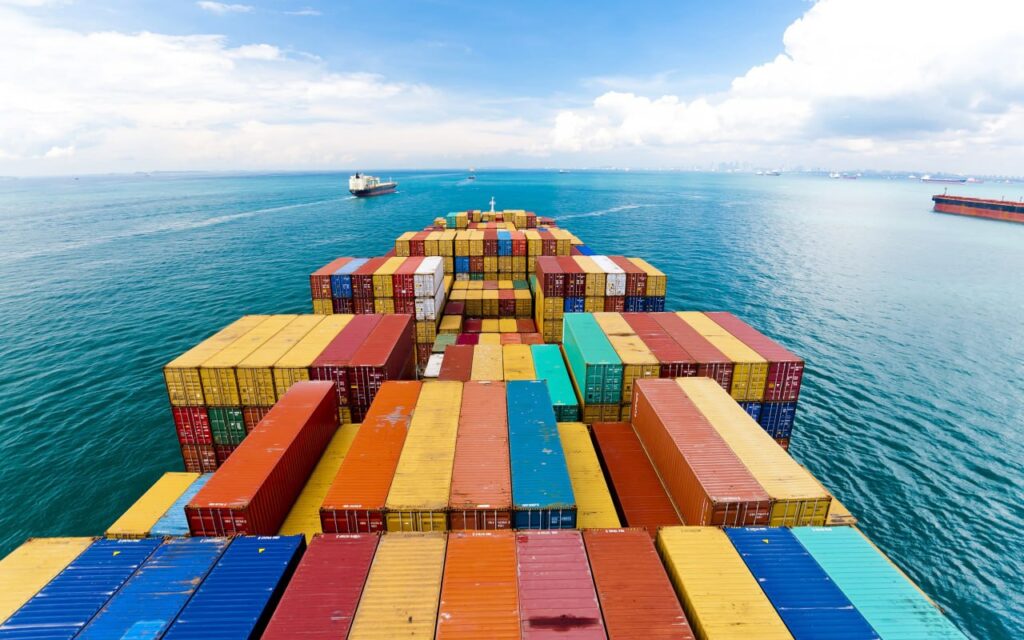
Understanding Shipping Options from China to Argentina
Overview of Shipping Modes
When it comes to shipping from China to Argentina, various modes of transportation are available, each catering to different needs and budgets. The primary shipping options include Sea Freight, Air Freight, and Express Shipping.
Sea Freight is often used for larger shipments, especially when cost-effectiveness is a priority. It includes two types: Full Container Load (FCL) and Less than Container Load (LCL). With FCL, an entire container is reserved for one shipper, making it a suitable choice for bulk goods. LCL allows multiple shippers to share a container, ideal for smaller shipments. For more details on pricing, you can check how much is ocean freight from china.
Air Freight, while more expensive, is favored for its speed and reliability. It is an excellent choice for urgent shipments or sensitive cargo that requires swift delivery. If you’re interested in air freight options to the USA, see our guide on air freight from china to usa.
Express Shipping is the fastest option available, providing expedited services that can reach destinations in a matter of days. This mode is ideal for high-value or time-sensitive goods. For those needing quick delivery options, consider door to door shipping from China to Argentina.
Choosing the right shipping mode largely depends on factors such as budget constraints, shipment size, and delivery urgency.
Key Factors Influencing Shipping Times
Several factors can affect shipping times from China to Argentina:
Distance: The geographical distance between shipping ports plays a significant role in transit times. For instance, shipments from Shanghai to Buenos Aires typically take longer than those from Shenzhen. You can explore specific routes like Sea Freight From China to Argentina.
Customs Clearance: The efficiency of customs procedures can significantly impact shipping duration. Ensuring proper documentation and compliance with regulations will facilitate quicker clearance. For more information, check our Customs Clearance services.
Port Congestion: Congestion at major ports can lead to delays. For example, if Shanghai Port is experiencing high traffic, this may lead to longer waiting times for loading and unloading.
Weather Conditions: Adverse weather conditions can disrupt shipping schedules. It is essential to monitor forecasts, as storms or natural disasters can lead to unexpected delays.
Shipping Mode Chosen: As previously mentioned, different shipping modes offer varying transit times. Sea freight is slower compared to air freight and express services, which should be factored into your planning.
Understanding these factors is crucial for optimizing shipping strategies and ensuring timely deliveries.
Typical Transit Times for Shipping from China to Argentina
Sea Freight (LCL and FCL) Transit Times
Transit times for Sea Freight from China to Argentina can vary based on the port of departure and destination. Here’s a general overview of typical transit times:
| Shipping Mode | Port of Origin | Port of Destination | Typical Transit Time |
|---|---|---|---|
| FCL | Shanghai | Buenos Aires | 30-45 days |
| LCL | Shenzhen | Buenos Aires | 35-50 days |
These times may be affected by seasonal variations and port conditions, as well as the specific shipping line utilized.
Air Freight: Speed and Efficiency
Air freight provides significantly faster service compared to sea freight. Typical transit times for air freight from major cities in China to Buenos Aires are:
| Shipping Mode | Port of Origin | Port of Destination | Typical Transit Time |
|---|---|---|---|
| Air Freight | Beijing | Buenos Aires | 5-7 days |
| Air Freight | Shanghai | Buenos Aires | 6-8 days |
While air freight is more costly, it is the preferred option for urgent shipments due to its efficiency. For those looking for air freight options to Canada, refer to air freight from china to canada.
Express Shipping: The Fastest Option
For those needing the absolute quickest delivery, express shipping services can reduce transit times even further. Companies such as DHL, FedEx, and UPS offer express shipping options that can deliver goods from China to Argentina in as little as 3-5 days.
| Shipping Mode | Service Provider | Typical Transit Time |
|---|---|---|
| Express | DHL | 3-5 days |
| Express | FedEx | 4-6 days |
Express shipping typically involves a premium cost, but it is invaluable for urgent deliveries, making it the top choice for critical shipments.
In summary, selecting the right shipping mode is essential for balancing cost, speed, and the type of goods being transported. Dantful International Logistics can assist with all these shipping options, providing expert guidance and reliable service to ensure smooth transportation of your goods from China to Argentina.
READ MORE:
- Shipping From China to the USA
- Shipping From China TO Canada
- Shipping From China TO Mexico
- Shipping From China to Panama
- Shipping From China to Costa Rica
- Shipping From China to Brazil
- Shipping From China TO Colombia
- Shipping From China to Jamaica
- Shipping From China to Venezuela
- Shipping From China to Argentina
Comparison of Shipping Times by Mode
When considering the best shipping option from China to Argentina, it’s essential to understand the differences in transit times among various modes of transport. Each method has its unique advantages and disadvantages, which can significantly influence your decision based on your shipping needs.
Sea Freight vs. Air Freight: A Detailed Analysis
The choice between Sea Freight and Air Freight primarily depends on the urgency of your shipment and cost considerations.
| Shipping Mode | Transit Time | Cost | Capacity | Best For |
|---|---|---|---|---|
| Sea Freight | 20-40 days | Lower (per kg) | Large volumes | Non-urgent shipments |
| Air Freight | 5-10 days | Higher (per kg) | Limited capacity | Urgent or high-value shipments |
Sea Freight is significantly more economical, especially for larger shipments (Full Container Load – FCL or Less than Container Load – LCL). However, it can take anywhere from 20 to 40 days depending on various factors including weather, port operations, and the specific routes taken.
On the other hand, Air Freight offers a much quicker turnaround, with typical transit times ranging from 5 to 10 days. This mode is ideal for high-priority shipments that require immediate delivery, but the cost is considerably higher due to air travel expenses.
Express Shipping vs. Standard Air Freight
For businesses that need even faster delivery, Express Shipping is available, providing the quickest transit times with added services.
| Shipping Mode | Transit Time | Cost | Best For |
|---|---|---|---|
| Express Shipping | 1-3 days | Highest (per kg) | Time-sensitive shipments |
| Standard Air Freight | 5-10 days | Higher (per kg) | Urgent shipments |
Express Shipping can deliver goods in just 1 to 3 days, making it the fastest option available. Businesses that deal with perishable goods or urgent customer demands often rely on this method despite its high cost. In contrast, Standard Air Freight remains a viable option for urgent shipments that are not as time-sensitive.
Factors Affecting Shipping Duration
Several external factors can impact the total shipping duration from China to Argentina. Understanding these can help importers better plan their logistics and minimize potential delays.
Weather Conditions and Their Impact
Adverse weather conditions can disrupt shipping schedules significantly. For example, typhoons or heavy rains may slow down port operations in China, and storms can delay transportation routes. Seasonal changes, like winter weather in the Southern Hemisphere, can further complicate air transport, potentially extending transit times.
Port Congestion and Its Consequences
Port congestion is a common challenge in logistics that can lead to unexpected delays. Major ports in both China (like Shanghai and Shenzhen) and Argentina (such as the Port of Buenos Aires) often face heavy traffic, particularly during peak seasons. This congestion can result in longer wait times for loading and unloading cargo, impacting overall shipping durations.
Customs Procedures: Delays and Solutions
Customs clearance is another critical aspect that can affect shipping times. Delays in customs can occur due to various reasons, including documentation errors, inspections, and changes in regulations. To mitigate these risks, it is advisable to work with a reputable freight forwarder like Dantful International Logistics, which offers comprehensive Customs Clearance services. They can help ensure that all necessary paperwork is correctly filed, reducing the likelihood of delays and ensuring a smoother transit experience.
By factoring in these elements when planning your shipments from China to Argentina, you can develop strategies to mitigate risks and enhance the efficiency of your logistics operations.
Best Practices for Reducing Shipping Delays
Planning Ahead: Timing Your Shipments
Effective shipping management begins with meticulous planning. When importing goods from China to Argentina, it is crucial to consider not only the shipping times but also the potential delays that can occur along the way. To mitigate these risks, importers should:
Schedule Shipments in Advance: Coordinate your shipping schedule well ahead of time. This ensures that your cargo is prioritized and allows for any unforeseen delays to be managed proactively.
Consider Transit Times: Familiarize yourself with the typical transit times for various shipping methods. For instance, Sea Freight usually takes longer than Air Freight, but it may be more cost-effective for larger shipments.
Account for Local Holidays and Events: Be aware of both Chinese and Argentine public holidays and busy seasons, as these can significantly affect shipping schedules. For example, Chinese New Year can result in factory shutdowns and reduced shipping capacity.
By anticipating these variables and planning your shipments carefully, you can significantly reduce the risk of delays.
Choosing the Right Freight Forwarder
Selecting a competent freight forwarder is a pivotal factor in ensuring timely delivery of your goods. Here are some considerations to keep in mind:
Experience and Expertise: Opt for a freight forwarder with substantial experience in shipping from China to Argentina. Dantful International Logistics, for instance, offers professional, cost-effective, and high-quality services tailored to the global trader.
Service Range: Ensure your chosen forwarder provides a comprehensive portfolio of services, including Ocean Freight, Air Freight, Customs Clearance, and Door to Door delivery. This one-stop approach minimizes the risk of communication breakdowns and delays.
Reputation and Reviews: Research customer feedback and reviews to gauge the reliability and efficiency of the freight forwarder. Trusted partners can offer solutions to common challenges, such as customs hurdles or shipping disruptions.
By partnering with a reliable freight forwarder like Dantful International Logistics, you enhance the likelihood of a smooth shipping process.
Effective Communication with Logistics Partners
Clear and timely communication with all logistics partners is essential to avoid delays. Here are some best practices:
Establish Open Channels: Maintain open lines of communication with your freight forwarder, suppliers, and shipping carriers. This ensures that everyone is on the same page regarding shipment statuses and potential delays.
Regular Updates: Request regular updates on the shipment’s progress, particularly when it leaves the port in China and while en route to Argentina. This allows for immediate action if any issues arise.
Documentation Accuracy: Ensure that all shipping documents are accurate and complete. This includes invoices, packing lists, and customs declarations. Inaccurate documentation can lead to customs delays and added costs.
Seasonal Considerations for Shipping from China to Argentina
Peak Seasons and Their Effects on Shipping Rates
Shipping from China to Argentina is influenced significantly by seasonal fluctuations. During peak seasons, such as major shopping holidays, demand for shipping services increases, which can lead to:
Higher Shipping Costs: Freight rates typically rise during peak seasons due to increased demand and limited space on vessels or flights. For instance, the lead-up to the holiday shopping season often sees a surge in shipping costs.
Longer Transit Times: As freight capacity tightens, standard transit times may extend. Importers should expect longer lead times for shipments during these periods.
Limited Availability: Some shipping methods may become fully booked during peak times. This highlights the importance of planning and booking shipments well in advance.
Strategies for Cost-Effective Shipping During Off-Peak Times
To optimize shipping costs and timelines, consider the following strategies during off-peak periods:
Timing Shipments for Off-Peak Seasons: Shipping during non-peak times often results in lower freight rates and improved shipping availability. For example, consider sending shipments in the first quarter of the year when demand typically decreases.
Utilize Consolidated Freight Options: Taking advantage of consolidated freight services can help reduce costs. This involves combining several smaller shipments into one larger shipment, which can lower overall freight costs.
Negotiate Rates with Freight Forwarders: During off-peak seasons, freight forwarders may be more flexible with their rates. Building a strong relationship with your chosen forwarder can lead to better deals and improved service levels.
By being strategic about timing and service selection, importers can effectively navigate seasonal challenges and enhance their shipping efficiency from China to Argentina.

Young Chiu is a seasoned logistics expert with over 15 years of experience in international freight forwarding and supply chain management. As CEO of Dantful International Logistics, Young is dedicated to providing valuable insights and practical advice to businesses navigating the complexities of global shipping.











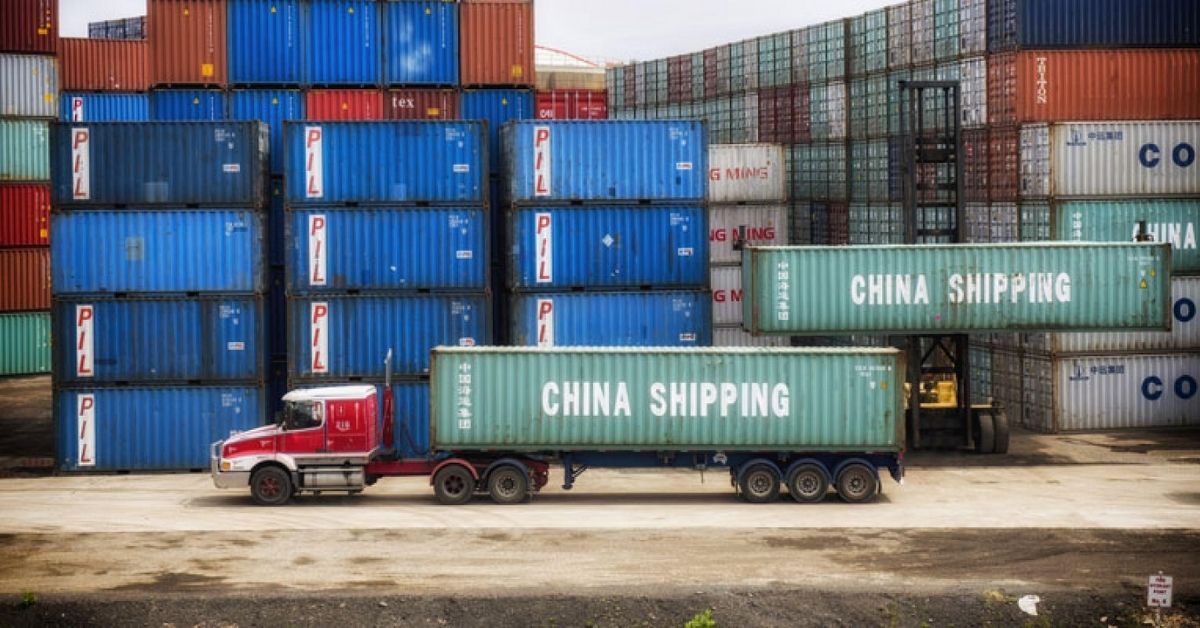
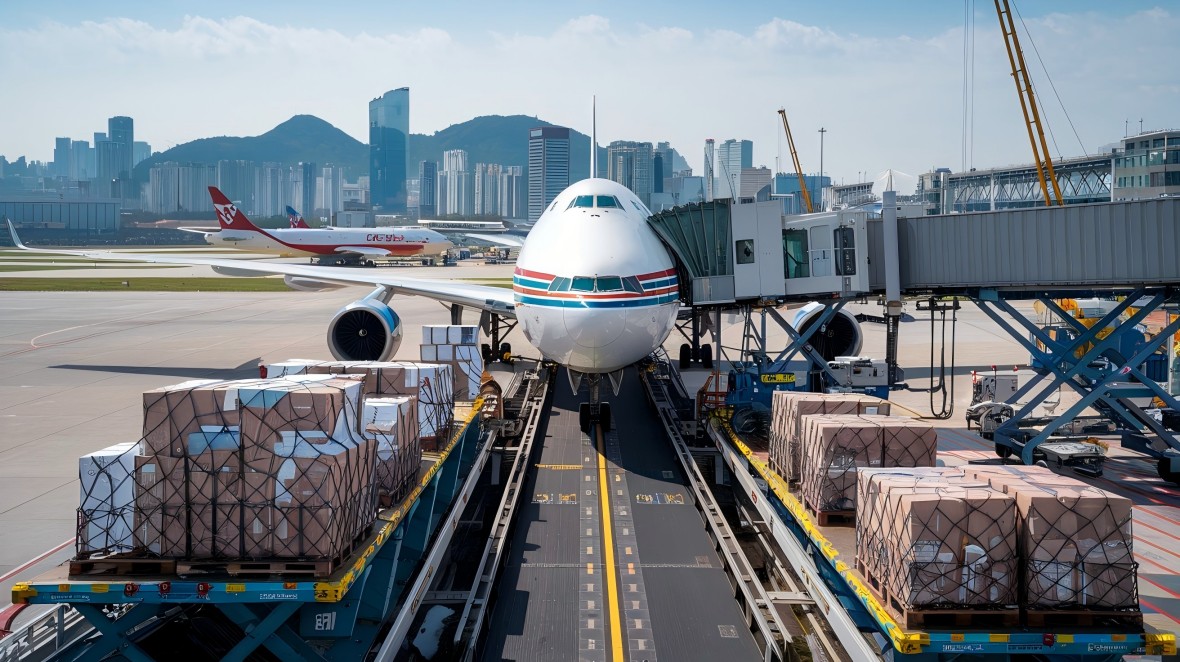
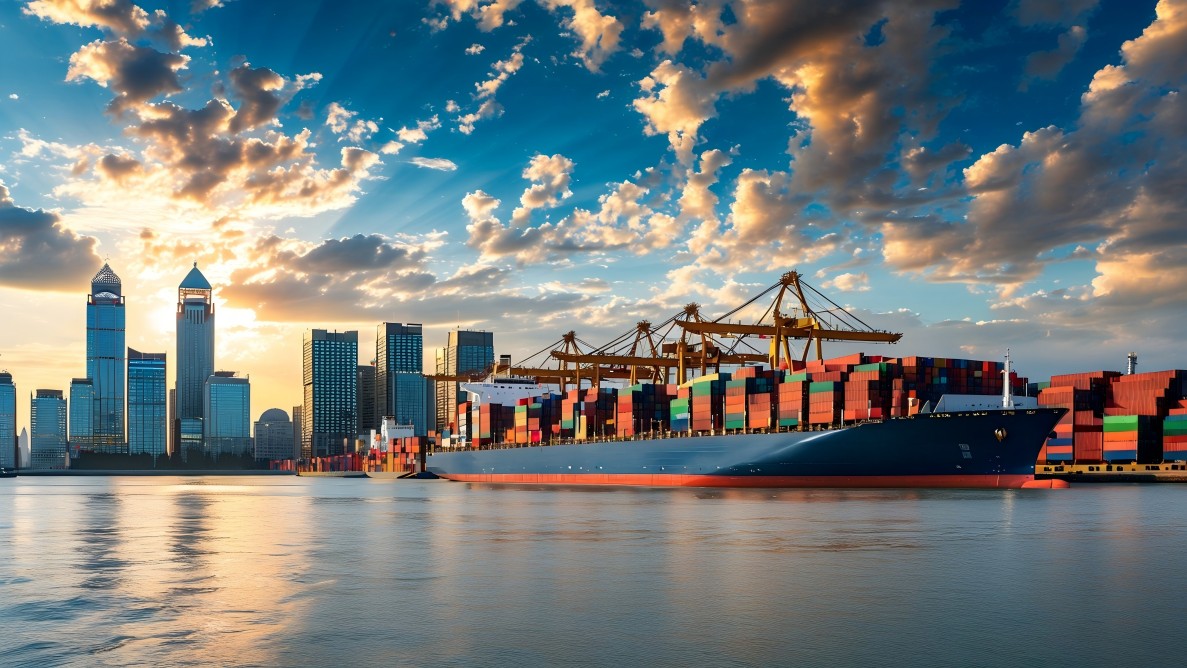
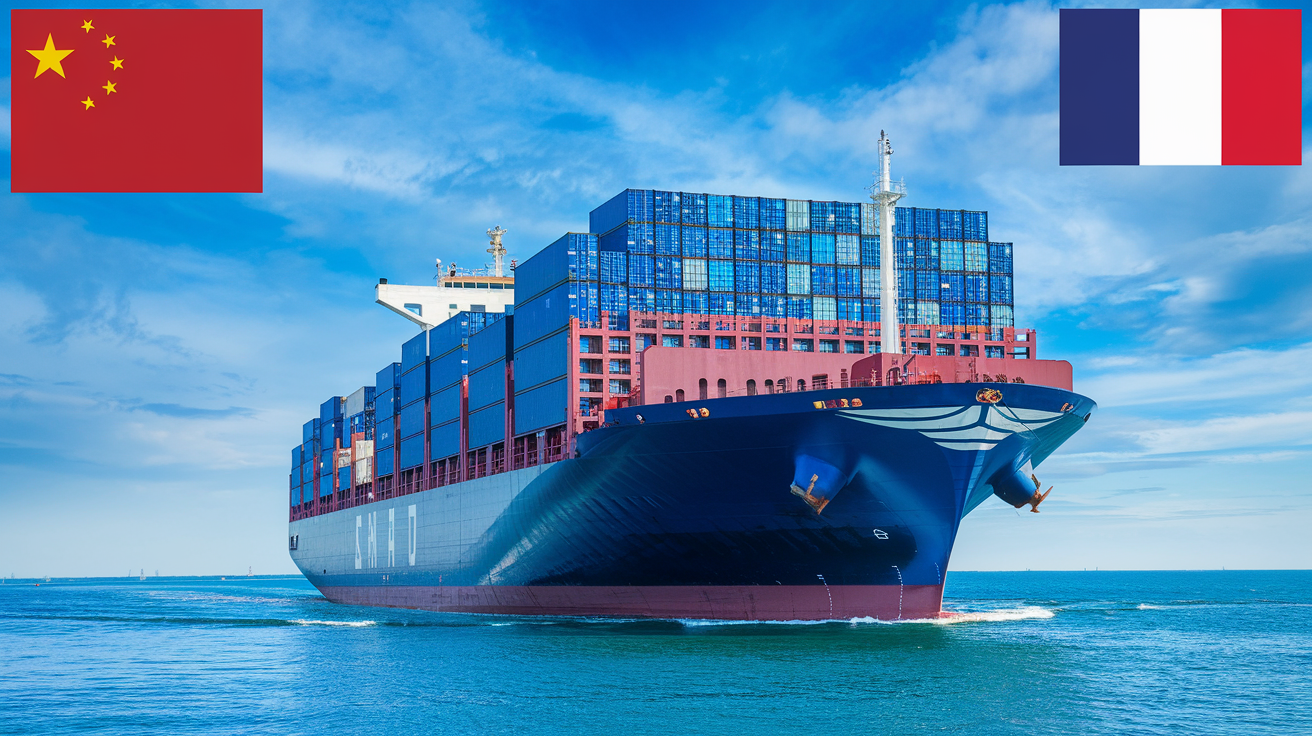






 Afrikaans
Afrikaans Shqip
Shqip አማርኛ
አማርኛ العربية
العربية Հայերեն
Հայերեն Azərbaycan dili
Azərbaycan dili Euskara
Euskara Беларуская мова
Беларуская мова বাংলা
বাংলা Bosanski
Bosanski Български
Български Català
Català Cebuano
Cebuano Chichewa
Chichewa 简体中文
简体中文 繁體中文
繁體中文 Corsu
Corsu Hrvatski
Hrvatski Čeština
Čeština Dansk
Dansk Nederlands
Nederlands English
English Esperanto
Esperanto Eesti
Eesti Filipino
Filipino Suomi
Suomi Français
Français Galego
Galego ქართული
ქართული Deutsch
Deutsch Ελληνικά
Ελληνικά Kreyol ayisyen
Kreyol ayisyen Harshen Hausa
Harshen Hausa Ōlelo Hawaiʻi
Ōlelo Hawaiʻi עִבְרִית
עִבְרִית हिन्दी
हिन्दी Hmong
Hmong Magyar
Magyar Íslenska
Íslenska Igbo
Igbo Bahasa Indonesia
Bahasa Indonesia Gaeilge
Gaeilge Italiano
Italiano 日本語
日本語 Basa Jawa
Basa Jawa ಕನ್ನಡ
ಕನ್ನಡ Қазақ тілі
Қазақ тілі ភាសាខ្មែរ
ភាសាខ្មែរ 한국어
한국어 كوردی
كوردی Кыргызча
Кыргызча ພາສາລາວ
ພາສາລາວ Latin
Latin Latviešu valoda
Latviešu valoda Lietuvių kalba
Lietuvių kalba Lëtzebuergesch
Lëtzebuergesch Македонски јазик
Македонски јазик Malagasy
Malagasy Bahasa Melayu
Bahasa Melayu മലയാളം
മലയാളം Maltese
Maltese Te Reo Māori
Te Reo Māori मराठी
मराठी Монгол
Монгол ဗမာစာ
ဗမာစာ नेपाली
नेपाली Norsk bokmål
Norsk bokmål پښتو
پښتو فارسی
فارسی Polski
Polski Português
Português ਪੰਜਾਬੀ
ਪੰਜਾਬੀ Română
Română Русский
Русский Samoan
Samoan Gàidhlig
Gàidhlig Српски језик
Српски језик Sesotho
Sesotho Shona
Shona سنڌي
سنڌي සිංහල
සිංහල Slovenčina
Slovenčina Slovenščina
Slovenščina Afsoomaali
Afsoomaali Español
Español Basa Sunda
Basa Sunda Kiswahili
Kiswahili Svenska
Svenska Тоҷикӣ
Тоҷикӣ தமிழ்
தமிழ் తెలుగు
తెలుగు ไทย
ไทย Türkçe
Türkçe Українська
Українська اردو
اردو O‘zbekcha
O‘zbekcha Tiếng Việt
Tiếng Việt Cymraeg
Cymraeg יידיש
יידיש Yorùbá
Yorùbá Zulu
Zulu